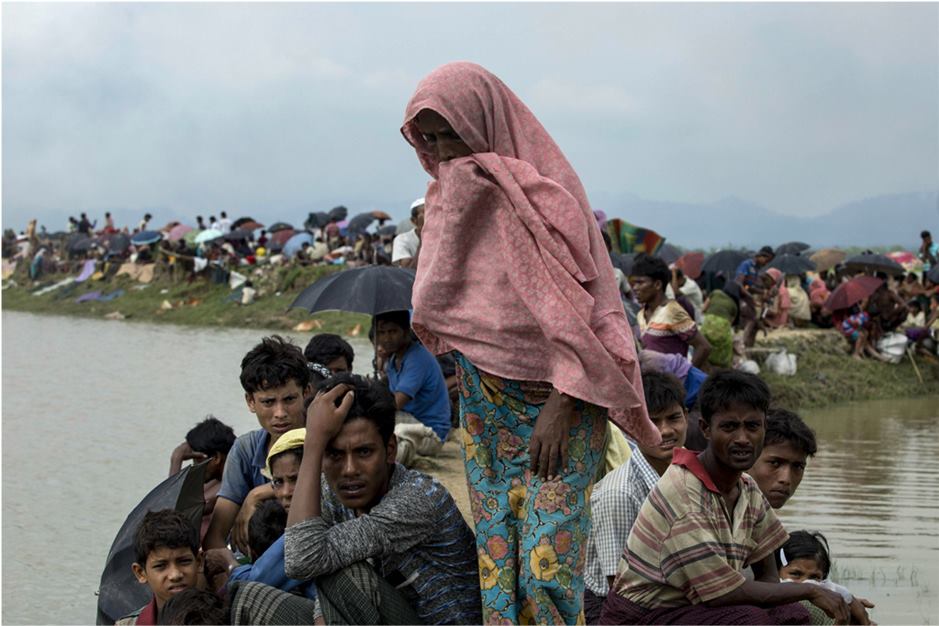7 Oct, New Delhi: EU President Donald Tusk on Friday urged Myanmar to adhere to its international rights obligations and allow Rohingya refugees to return after weeks of violence that have forced more than half a million to flee to Bangladesh.
Tusk said Myanmar must give aid workers access to the troubled state of Rakhine, where the Rohingya ethnic minority say the military are burning their villages in a campaign of retribution for attacks on police posts.
He made the comments after talks with Indian leaders in New Delhi, which he said was first in line to respond to the refugee crisis as a neighbouring country.
“The EU continues to assume its responsibilities by receiving people in need of protection and by assisting host countries close to the conflict zones,” said Tusk after the talks.
“We addressed the situation in Myanmar and the Rohingya refugee crisis. We want to see de-escalation of tension and the full adherence to international human rights obligations as well as full humanitarian access so the aid can reach those in need.”
The UN says more than half a million Rohingya have fled to Bangladesh since an upsurge in violence in Rakhine at the end of August.
Myanmar has tightly controlled aid workers’ access to the state since attacks in August by Rohingya militants which sparked a massive army crackdown.
Refugees interviewed in Bangladesh have accused the military and ethnic Rakhine Buddhists in the state of burning villages and raping and killing Rohingya Muslims, who are regarded as illegal immigrants in Myanmar.
A small UN team visited the crisis-wracked region in majority Buddhist Myanmar in recent days and described “unimaginable” suffering.
Tusk made his comments at the end of the 14th EU-India Summit, at which the two sides also discussed a long delayed trade agreement.
EU Commission President Jean-Claude Juncker said the summit had been an “important step in the right direction” towards an agreement, but gave no time frame for progress.
The EU is India’s largest trading partner, accounting for more than 13 percent of the country’s commerce. AFP






